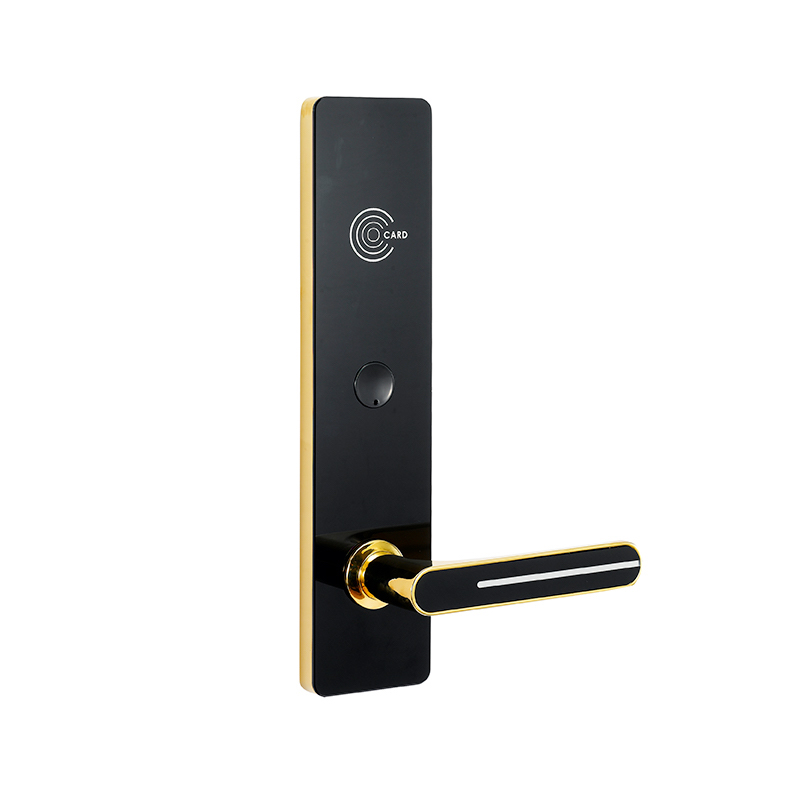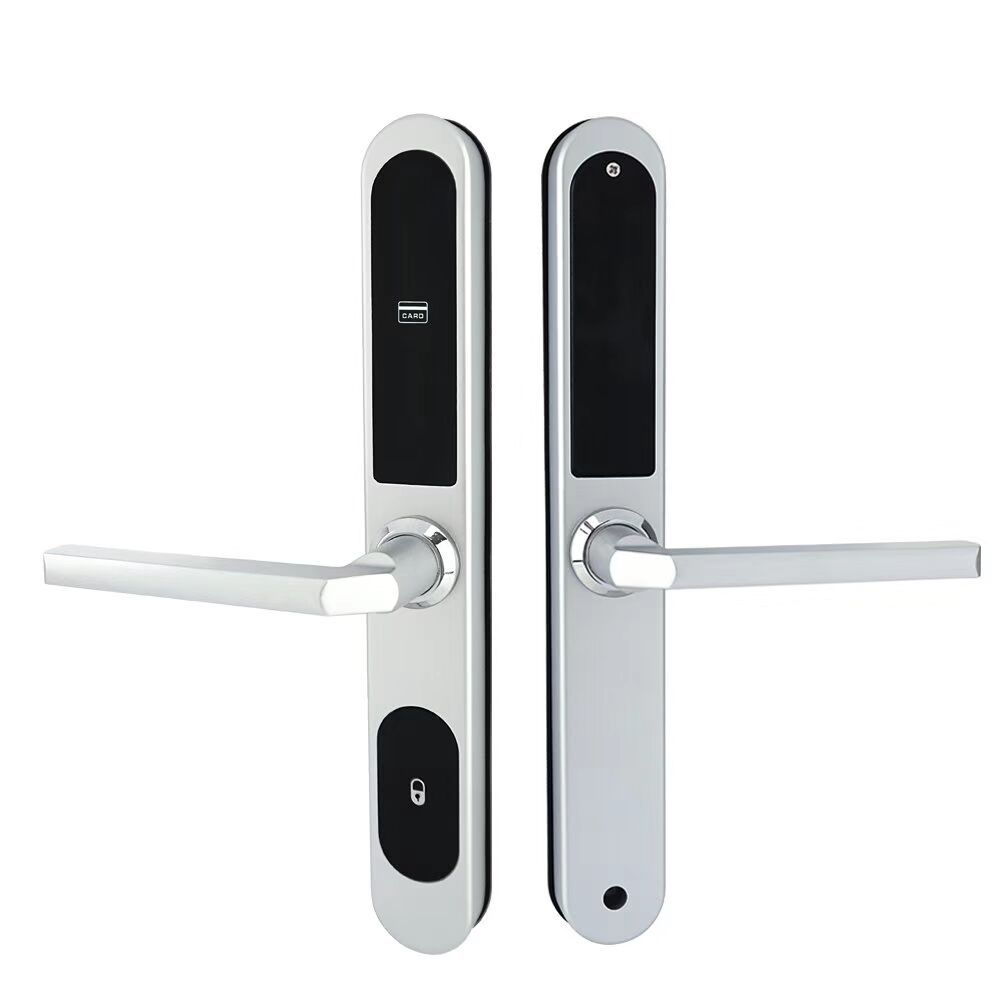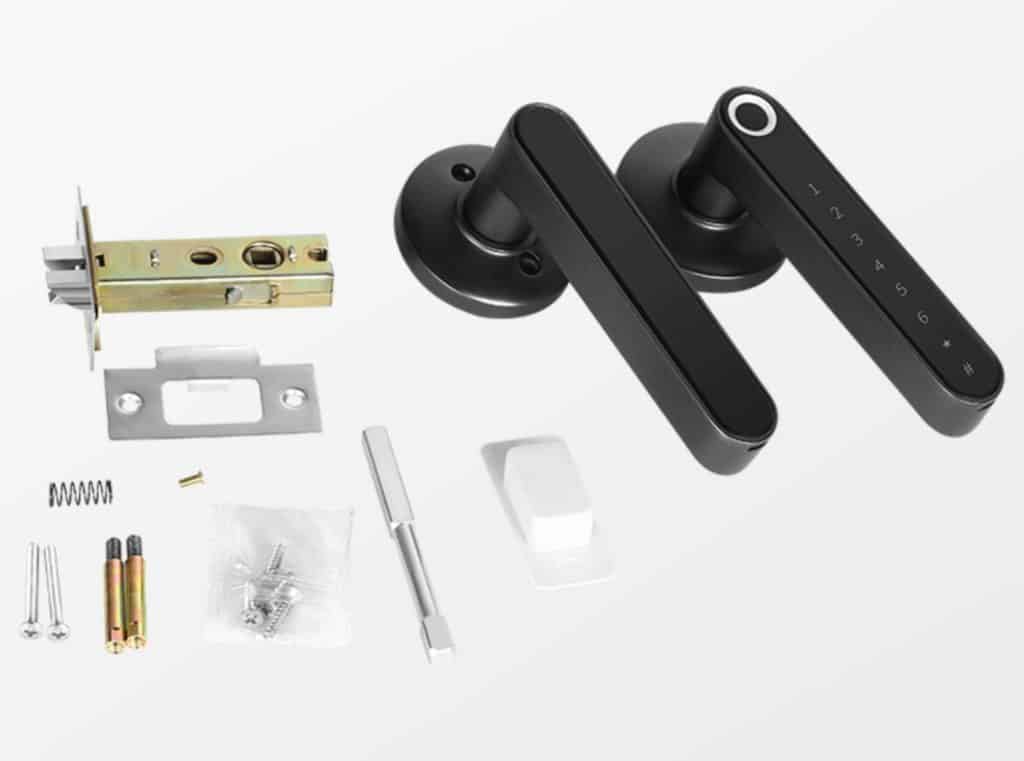Why is it important to know the differences between zinc alloy locks and stainless steel locks?
Knowing the differences between zinc alloy locks and stainless steel locks is important because it can help you make an informed decision when choosing a lock. Locks are an essential part of security and are used to protect valuable items, buildings, and even people. Choosing the right type of lock can make a significant difference in the level of security that is provided.
By understanding the differences between zinc alloy locks and stainless steel locks, you can make a more informed decision about which type of lock to use based on your specific needs and circumstances.
For example, if you live in an area with high levels of humidity or salt water, you may want to choose a stainless steel lock because it is more resistant to corrosion. On the other hand, if you are on a tight budget, a zinc alloy lock may be a more affordable option.
Overall, understanding the differences between zinc alloy locks and stainless steel locks can help you choose a lock that provides the level of security and durability you need while also fitting within your budget.
What’s the difference between a zinc alloy lock and a stainless steel lock?
Zinc alloy and stainless steel are two different materials commonly used for making locks. Here are some of the differences between the two:
- Material: Zinc alloy is a mixture of zinc and other metals, such as aluminum, magnesium, and copper, while stainless steel is an alloy of iron, carbon, and other metals, such as chromium and nickel.
- Strength: Stainless steel is generally stronger and more durable than zinc alloy. It can withstand more force and is less likely to break or deform.
- Corrosion resistance: Stainless steel is highly resistant to corrosion, rust, and tarnish, while zinc alloy is more susceptible to corrosion and may rust over time.
- Appearance: Stainless steel has a shiny, polished finish that resists scratches and scuffs, while zinc alloy has a duller, matte finish that may be more prone to scratches and wear.
- Cost: Zinc alloy locks are generally less expensive than stainless steel locks.
Overall, if you are looking for a lock that is strong, durable, and highly resistant to corrosion, a stainless steel lock may be a better choice. However, if cost is a concern and you don’t need the same level of strength and corrosion resistance, a zinc alloy lock may be a more affordable option.

If you are looking for the answer about which lock is long-lasting between Zinc Alloy and Steel. Actually, both have pros and cons.
Both Zinc Alloy Locks and Stainless Steel locks are durable and long-lasting. They both have different finishes as well as different strengths. Besides that, zinc locks can be easier on the pocket as compared to stainless steel locks.
Let us find out what might be the best fit.
Stainless Steel Locks
Stainless steel locks are usually made of iron, carbon, and chromium. These locks are most known for their resistance to corrosion.
If you are living in a climate where there is greater humidity. Then you should go for the Stainless Steel lock. They don’t oxidize in moist and humid environments.

Another great benefit is that it comes in different grades. These grades differ in metal composition. It can have different levels of iron, carbon, and chromium. More modern stainless steel composition also has nickel, niobium, titanium, and molybdenum.
These metals are better known for improving the endurance of locks as well as life. They also improve resistance against corrosion and increase strength and durability.
The performance of Stainless steel locks is high in all extreme conditions. Allowing them for universal usage.
Pros of Using Stainless Steel Locks
· Strong Metal
· Lasts Long
· Rust Proof
· Resists Corrosion
· Suits interior design
Cons of Using Stainless Steel Locks
· Can be costly

Zinc Alloy Locks
The major constituents of zinc alloy are Brass and Copper. This composition of metal makes it resistant to rust and corrosion. Zinc is also a versatile metal, which means other metals can galvanize it.
This makes it a great fit for iron doors, as well as wooden ones.
Zinc Alloy locks are cheaper and faster to manufacture. Because this metal takes the shape of the mold. It means it is also cheaper for the end-users.
In the end, these locks are suitable for all climates. It has good durability and strength. Zinc Alloy locks are suitable for both commercial and residential usage.
Zinc Alloy locks are used in both commercial and residential settings.
Pros of Using Zinc Alloy Locks
· Durability
· Easier on the pocket
· Withstands corrosion
· Rustproof
· Easy Galvanization

Cons of Using Zinc Alloy Locks
· Not as strong as stainless steel
· Might not suit all interiors/ exteriors.
In Conclusion: Which Is Better?
If you are still wondering which lock would be better, then it depends on your usage and your climate.
It would be better if you judged the climate conditions and how strong a lock you need. Zinc is a cheaper option and allows you to work well with iron doors.
Many commercial places go with zinc locks, as it’s easier to work with as well. But, residential places make use of stainless steel a lot more.
Also, wherever a stronger and more durable lock is needed, stainless steel is best. So, both metals are resistant to corrosion and do not rust for a long time.






